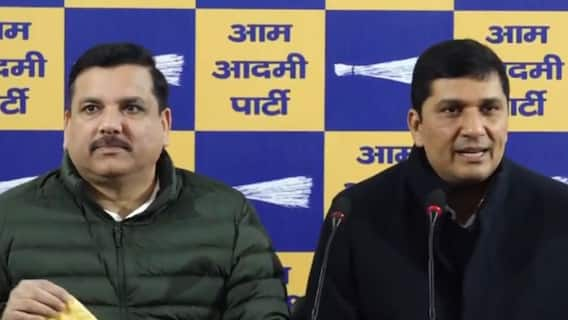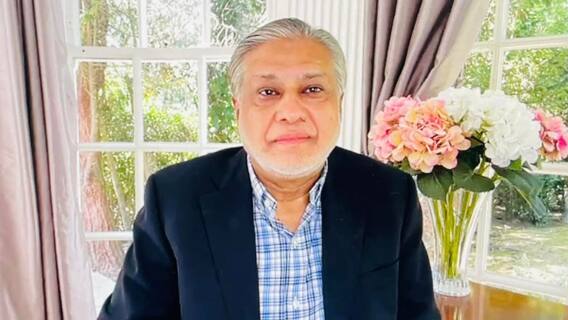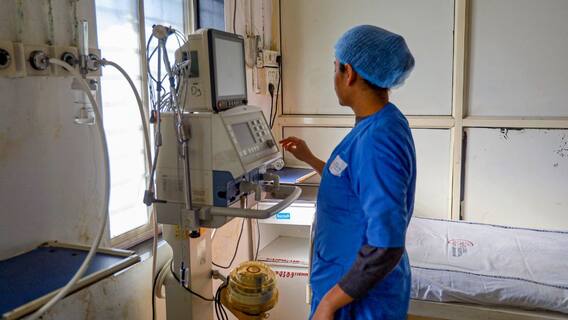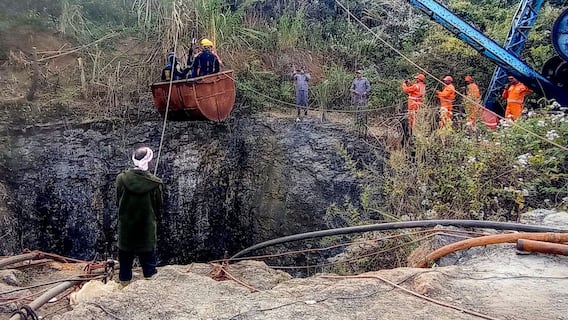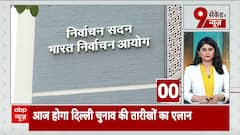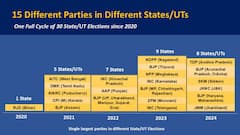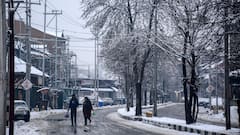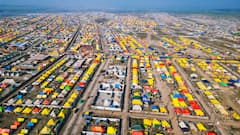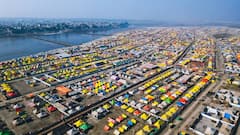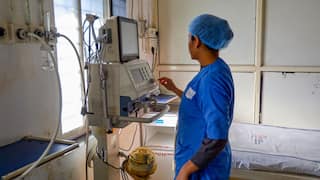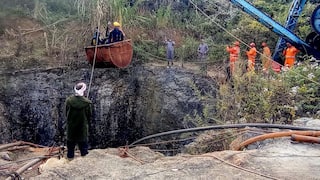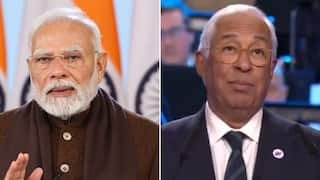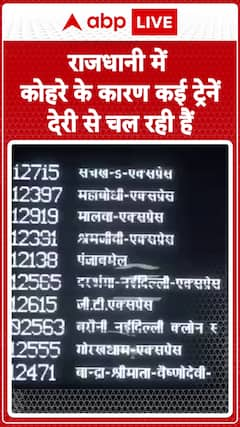Explorer
Advertisement
Air pollution killed over 1 lakh children below age 5 in India in 2016, says WHO
In a WHO report, titled 'Air Pollution and Child Health: Prescribing Clean Air', deaths of about 600,000 children under 15 years of age in 2016 were attributed to the joint effects of ambient and household air pollution.

Alarmingly, 14 out of the 20 most polluted cities in the world are in India. Photo: AFP
NEW DELHI: Amidst air pollution reaching alarming levels in Delhi and other major cities, a WHO study has revealed that over one lakh children under five years of age died in India in 2016 due to exposure to toxic air. In the report, titled 'Air Pollution and Child Health: Prescribing Clean Air', deaths of about 600,000 children under 15 years of age in 2016 were attributed to the joint effects of ambient and household air pollution. It said that about 98 per cent of children in the same age group in low- and middle-income countries were exposed to air pollution.
"Globally, 93 per cent of the world's children under 18 years of age are exposed to ambient fine particulate matter (PM2.5) levels above WHO air quality guidelines, which include the 630 million of children under 5 years of age, and 1.8 billion of children under 15 years," the World Health Organisation (WHO) study released Monday said.
Due to household air pollution in 2016, about 66,890 deaths of children below five years were reported out of which 36,073 were girls and 30,817 were boys, the WHO report said. The WHO report examined the heavy toll of both ambient (outside) and household air pollution on the health of the children across world, particularly in low- and middle-income countries, like India.
"In low- and middle-income countries around the world, 98% of all children under 5 are exposed to PM2.5 levels above WHO air quality guidelines. In comparison, in high-income countries, 52% of children under 5 are exposed to levels above WHO air quality guidelines," the study said.
It stated that children are at greater risk than adults from the many adverse health effects of air pollution, owing to a combination of behavioural, environmental and physiological factors. "Children are uniquely vulnerable and susceptible to air pollution, especially during fetal development and in their earliest years. Their lungs, organs and brains are still maturing. They breathe faster than adults, taking in more air and, with it, more pollutants," it said.
The report noted that air pollution is one of the leading threats to child health, accounting for almost one in 10 deaths in children under five years of age. "They (Children) may spend much time outside, playing and engaging in physical activity in potentially polluted air. New-borns and infants, meanwhile, spend most of their time indoors, where they are more susceptible to HAP. Children spend much time near their mothers while the latter cook with polluting fuels and devices.
"Their bodies, and especially their lungs, are rapidly developing and therefore more vulnerable to inflammation and other damage caused by pollutants," the study showed. It revealed when pregnant women are exposed to polluted air, they are more likely to give birth prematurely, and have small, low birth-weight children.
Alarmingly, 14 out of the 20 most polluted cities in the world are in India.
The PM2.5 (or particles with a diameter of less than 2.5 micrometres present in the air), also called "fine particulates", can be a matter of more serious health concern than PM10 (those with a diameter of less than 10 micrometres). PM2.5 poses greater harm as being finer, it can easily be inhaled into the respiratory tract.
The PM2.5 has reached dangerous levels in New Delhi in the last two weeks. On Monday, a thick blanket of haze engulfed the city, and an overall air quality index of 348 was recorded, which falls in the very poor category, according to data of the Central Pollution Control Board.
"Polluted air is poisoning millions of children and ruining their lives," WHO Director-General Tedros Adhanom Ghebreyesus said in a statement. "This is inexcusable. Every child should be able to breathe clean air so they can grow and fulfil their full potential."
"Air pollution is stunting our children's brains, affecting their health in more ways than we suspected. But there are many straight-forward ways to reduce emissions of dangerous pollutants," Maria Neira, Director with the Department of Public Health, Environmental and Social Determinants of Health at WHO, said.
(With inputs from agencies)
Follow Breaking News on ABP Live for more latest stories and trending topics. Watch breaking news and top headlines online on ABP News LIVE TV
View More
Advertisement
Trending News
Advertisement
Advertisement
Top Headlines
Election 2024
World
Cities
Cities
Advertisement







